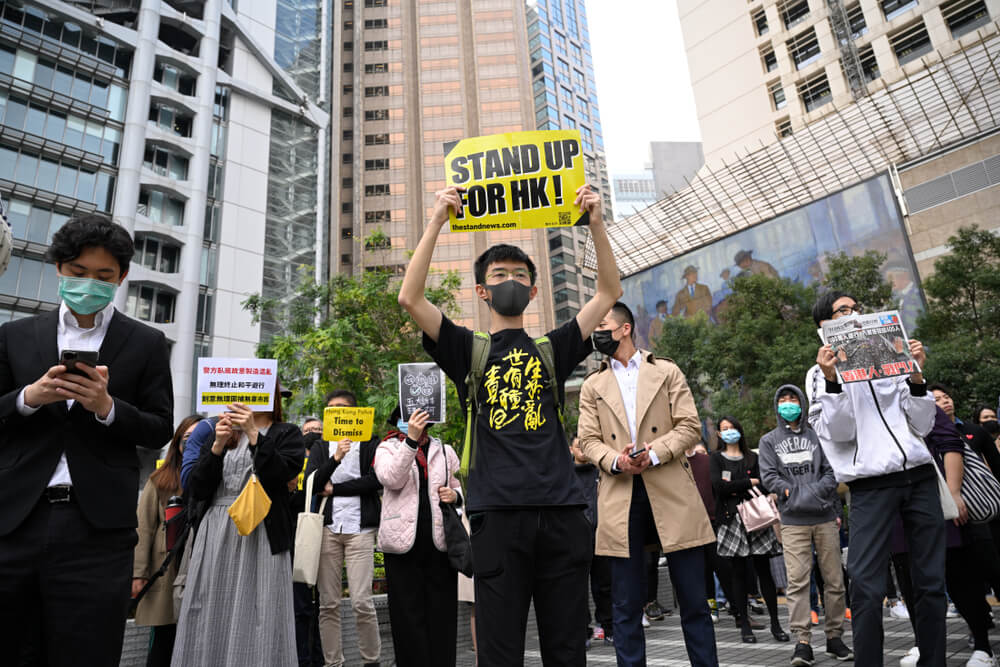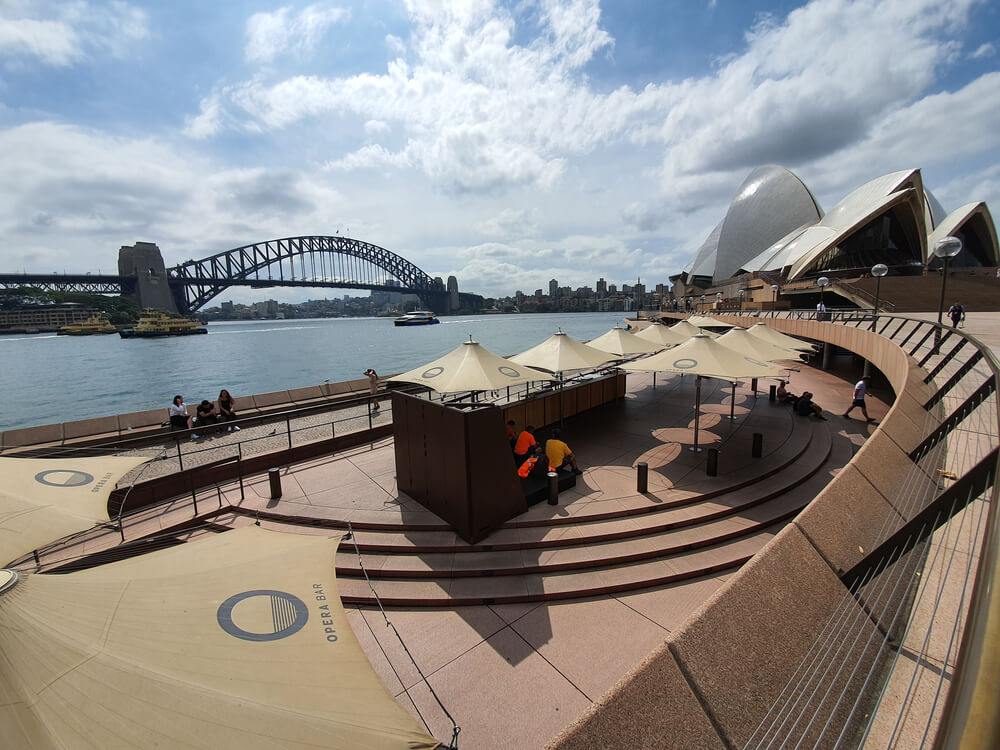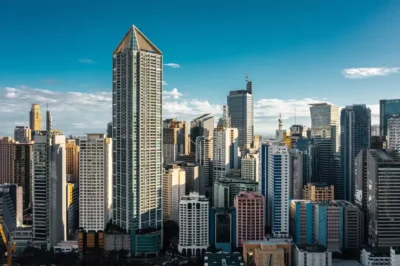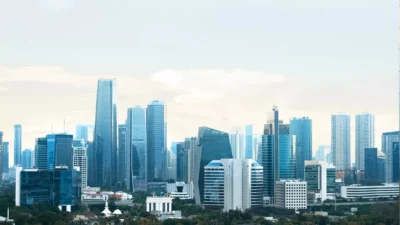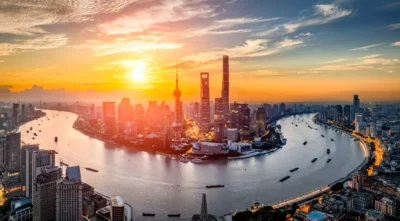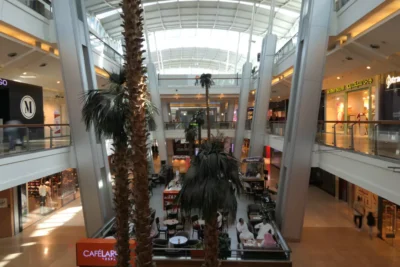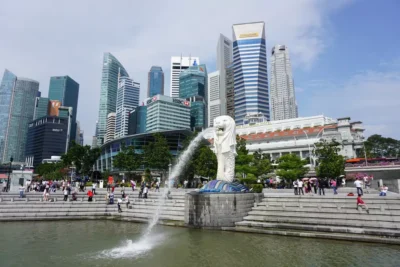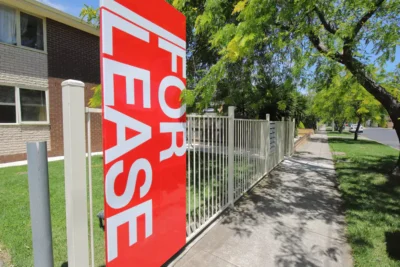Navigating the property industry amidst growing tensions between China and Hong Kong/Australia
Dealing with the pandemic is one thing, but their conflicts have made the situation even more complicated
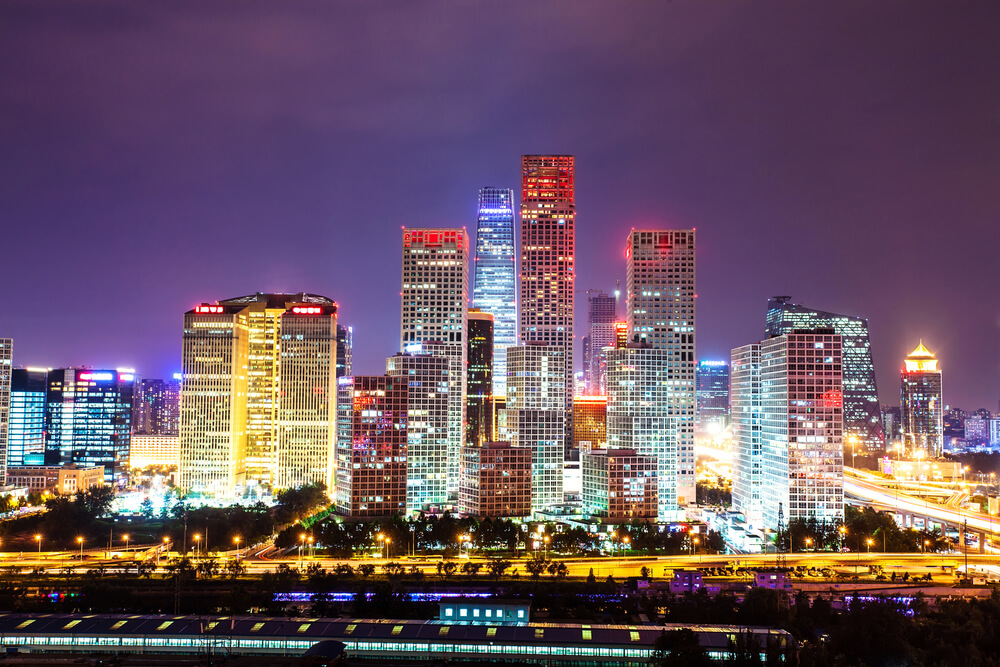
From the mass protests that started in October 2019 and has resumed recently to the ongoing conflicts surrounding the US-China trade war to the COVID-19 pandemic that still affects the rest of the globe, businesses and residents of Hong Kong has been through the thick of it all.
Although, when it comes to the outbreak, local authorities have managed to control the spread despite its close proximity to China where the virus originated. Since the first detected case last 24th of January up until today, the territory recorded 1,108 positive cases and four casualties. But because the pandemic has disrupted the entire world, businesses across Hong Kong still had to shoulder a substantial financial and economic impact – and that includes the real estate market.
Growing property price trend in Hong Kong
According to Vincent Cheung, the founder and managing director of Vincorn Consulting and Appraisal and one of our judges at the PropertyGuru Asia Property Awards, the price on all property sectors has been growing for a couple of decades now.
During the second part of PropertyGuru Asia Real Estate Summit’s live webinar series titled China Reopens, he mentioned that the residential market price rose by 121.8 percent between 1997 and 2020. Specifically, the price for retail properties increased by 161.4 percent and the price for offices grew by 122.3 percent.
“Overall, the retail property market outperformed the home market and the office market in the past 23 years,” said Vincent.
On the other hand, if we were to compare the growth between 2008 and 2020, particularly after the global financial crisis (GFC), the residential market price surged by almost three folds, the retail market increased by 2.5 times and the office sector by 2.2 times.
The pandemic, however, has led to a decline in residential market price by less than one percent, the retail property price by 2.4 percent and the office price by 10.7 percent from January to April 2020.
Before the outbreak, in the mid of the political protests, the home price already went down by three percent, the retail price by 7.1 percent and office price by 23.1 percent.
“Based on this data, the home price rose faster than other property sectors and it is also more resilient after the unexpected incidents, such as the anti extradition bill movement and the COVID-19 pandemic,” said Vincent.
Link between money supply and Hong Kong property price
The property price in Hong Kong, particularly the residential price, has a strong relationship with the territory’s money supply after the money supplied between 1997 and 2020 grew by 4.3 times. Vincent also clarified that the supply did increase by 2.4 times after the GFC.
“The increase in money supply caused the depreciation of the money purchasing power and it also explains why the home price is more resilient to the harsh market conditions, especially the undersupply of housing in Hong Kong,” he concluded.
More: From protests to US-China trade war to COVID-19: Hong Kong property market left in turmoil
The state of Australian real estate
The real estate sector is the country’s leading industry and is considered as an essential industry, which is why authorities have allowed them to open during the pandemic. All projects managed to keep operating as long as protective measures and social distancing were in place.
Ivan Lam, the head of international business at Charter Keck Cramer, said the country created a task force committee who were in charge of fast-tracking shovel-ready developments to continue stimulating the property industry. To date, they have approved over AUD1.2 billion (USD824.9 million) developments, including a 352–metre mixed-use project with more than 100 floors that will eventually become the tallest building in the Southern hemisphere.
China versus Australia GDP growth comparison
Scott Morrison, the prime minister of Australia, shared a data which revealed Australia’s resilience throughout the outbreak compared to other developed countries, including China. The ‘International real GDP growth comparisons’ showed China’s GDP drop by 9.8 percent in March, while Australia’s declined by only 0.3 percent.
Nevertheless, as China reopens its economy, Ivan said that they will most likely replicate how they were able to recover from the 2003 SARS and 2009 GFC.
“China will stimulate its internal domestic economy by pumping a lot of money into its economy so trillions of dollars are going to put into the infrastructure to invest into fixed asset investments and greenfield projects in the race to the recovery,” he explained.
Ivan believes that China has the upper hand because they have the ability and resources to invest in infrastructure projects to prepare for the future. He said that they already have a powerful tool in the road to recovery in their midst since the central government has the control and the people always have their support.
Moreover, authorities must learn to balance how to boost consumption and how to contain the outbreak, especially since the summer season is coming and people are yearning for outdoor activities and weekend getaways to Macau, for instance.
China and Australia’s strained relationship
The pandemic has intensified the conflict between China and Australia when the latter pursued an independent inquiry into the origins of the virus.
China responded by accusing the latter of running a politically motivated campaign and increasing the tariff on barley by 80 percent initially. They also posted travel warnings, advising citizens and students to avoid visiting or pursuing their education in the country, which will have a huge impact on Australia’s economy.
Down under, local authorities have decided to encourage their citizens to stay within the country to stimulate domestic economy, especially since developers will most likely have difficulty when investing in China.
Fortunately for Victoria, the only Australian state to have signed the Belt and Road initiative despite objections from the federal government, they can reap the benefits of this seemingly fruitful relationship.
China Reopens webinar is organised by PropertyGuru Asia Real Estate Summit. A total of 250 participants from 18 countries across the world joined the one-hour web conference held last 11th of June. For further enquiries, email [email protected]. Visit the official website AsiaRealEstateSummit.com and follow our social media for upcoming live webinar announcements.
Recommended
Philippine real estate sees growth in regional markets despite challenges in Metro Manila
Amid pressures, developers and investors are capitalising on a range of opportunities to drive growth in the nation's real estate sector
Bali leads the charge in Indonesia’s rental boom while other regions struggle to keep pace
The rental market is soaring in Bali due to its rich cultural heritage and island charm, while other regions of Indonesia are experiencing less success
Rental markets surge in Asia as digital nomads find new opportunities with visa reforms
As countries in Asia roll out customised visa programmes, rental markets are thriving with the influx of remote workers
China’s hospitality market thrives as developers sell off assets to spark recovery
China’s indebted developers are divesting hospitality assets to generate growth and enhance the outlook of the country’s real estate market

